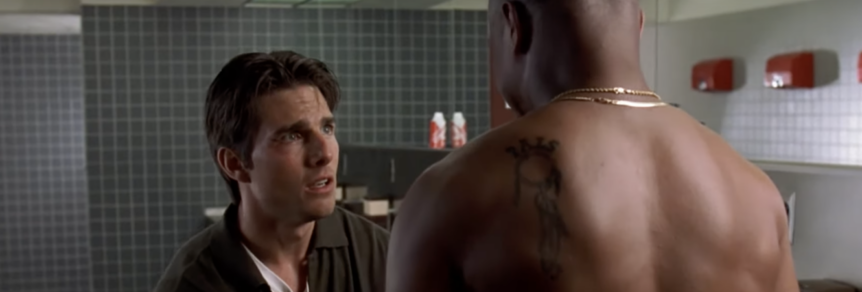
Cross-examining the “unreliable narrator”
The “unreliable narrator” has always been one of my favorite literary devices.
The narrator tells you one thing. Skillful writing lets you know that there is really something else going on.
In the novel Jernigan by David Gates, written in the first person, the protagonist wants you to believe that he is a suave and debonair lady-killer who charms his female work colleagues.
The reader can tell he is a drunken loser who sexually harasses the women.
The lead character in Waking the Dead, by Scott Spencer, is an aspiring politician who believes his girlfriend was killed many years ago.
If you listen to the narrator, the girlfriend begins to visit him secretly.
More likely, the narrator is suffering a nervous breakdown and his girlfriend’s apparitions are hallucinations.
And then, of course, there is the narrator in Moby Dick: the very first thing he tells us is that we should call him Ishmael.
Spoiler alert: That is not his name.
***
Our goal as criminal defense attorneys is to turn opposing witnesses into unreliable narrators: Storytellers who should be punished for violating our trust.
Government witnesses are cheerful and confident on direct examination. After all, the only thing they have faced during the investigation, during the preparations for trial, and then on direct examination at trial are softball questions and affirming smiles: We are so sorry this happened to you. How does this make you feel? What can we do to make this up to you?
And when the big moment comes, there is always that moment of anticipation as the witness is sworn in and then settles into his/her seat.
If the witness is a civilian, he/she steals a glance at the judge or jury, smiling nervously. This is endearing.
If the witness is a law enforcement official, we hear a lot of “yes sirs” and “no sirs.” This inspires confidence.
We are predisposed to believe them. We want to believe them as they spell out what they saw or how they were aggrieved by the evil schlub sitting next to defense counsel.
It is painful to sit through this as a defense lawyer. I can only imagine how it feels for the defendant.
***
And then – finally – it is our turn.
Cross-examination is, as John Henry Wigmore put it, the “greatest legal engine ever invented for the discovery of truth.”
Now, all of this truth will be put to the test.
Each of us has developed a trial persona that works for us.
My friend and colleague Tom Key is confrontational and unrelenting. He is one of the best cross-examiners I have ever seen.
I myself like to do an impersonation of Peter Falk from the old TV show Columbo: stumbling, confused, trying so hard to figure things out.
There is no one in this courtroom who wants to believe you as much as I do.
As Tom Cruise puts it to Cuba Gooding Jr. in Jerry McGuire: “Help me help you.”
If things go right, things do not begin to make sense. And slowly, almost imperceptibly, the tide begins to turn.
Maybe the government’s witness is not all the prosecutor would have you believe.
Memories are imperfect. They fade. We focus on the wrong things. Or we change our memories to accommodate new facts.
Maybe there are inconsistencies in the witness’ testimony, those annoying instances in which the witness’ testimony is contradicted by something he or she said previously.
Or maybe it turns out that the witness has hidden motives, incentives, biases against the defendant.
Of course, what says the most about the witness is how the witness deals with these challenges. Does the witness get defensive, angry? Does the witness sit back in the chair with that look of resignation and defeat?
And then suddenly there are no more questions, and the witness gets up stiffly from the witness chair. The certainty and confidence are gone.
If the cross-examination has gone as planned, that bond of trust between the witness and the jury has been broken. The reliable witness has been unmasked.
